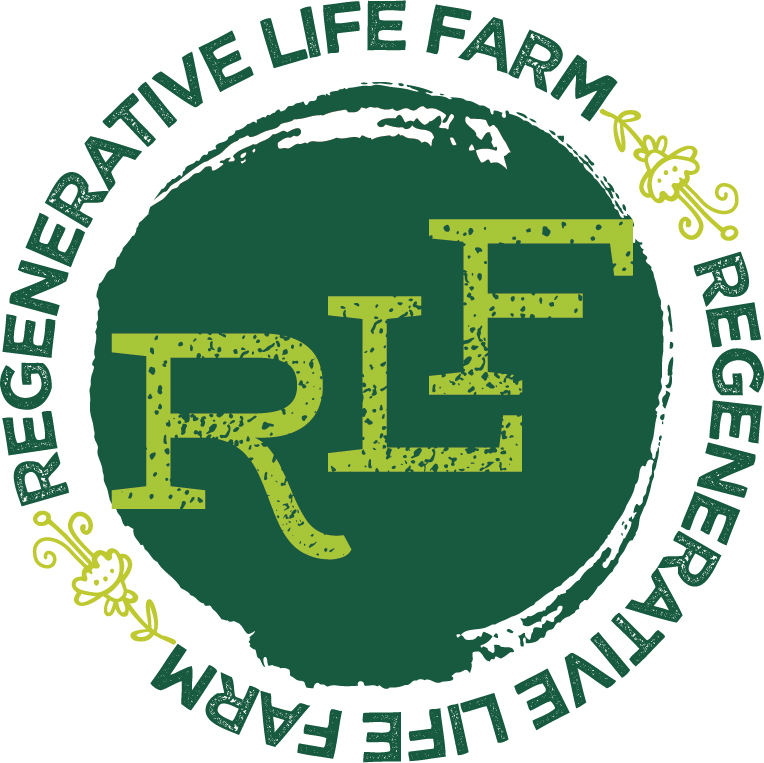Closed Loops
This appeared in the March 17, 2022 edition of The Fish Wrap.
The global supply chain makes for a small world, where a war in Ukraine can impact local farmers who rely on fertilizer sourced from across the ocean. The tumultuous events of the last two years inspire us to look for ways our community can support ourselves instead of using products from international corporations. Regenerative Farming methods like Korean Natural Farming (KNF) offer a step in the right direction.
The fundamental strategy of KNF is to strengthen the biological functions of the plant/soil system to increase productivity and nutrient density while eliminating the need for chemical interventions to fight pests and disease. Ancient people understood that the soil was a living system that we can support by understanding what it needs to thrive. Modern lab work like SAP and soil analyses helps us read the soil and validate this indigenenous wisdom.
Nigel Palmer lays out the theory and the how-to of KNF in The Regenerative Grower's Guide to Garden Amendments: Using Locally Sourced Materials to Make Mineral and Biological Extracts and Ferments. Different plants accumulate significantly different amounts of the nutrients that your garden might be craving. Palmer has created an open-source spreadsheet where these extracts can be compared and analyzed. His work organizes an amazing body of recovered ancient wisdom and can empower communities to help themselves.
Weeds are a surprising friend when it comes to determining what your soil needs. The type of weed that sprouts in a garden bed may tell you what nutrient is lacking. Weeds are nature’s way of restoring balance to an out-of-balance system. For example, dandelions indicate compacted soil that is low in calcium. Dandelions are really good at depositing calcium. Palmer’s spreadsheet could help you find what local plants you could extract or ferment to get the calcium back in the soil.
